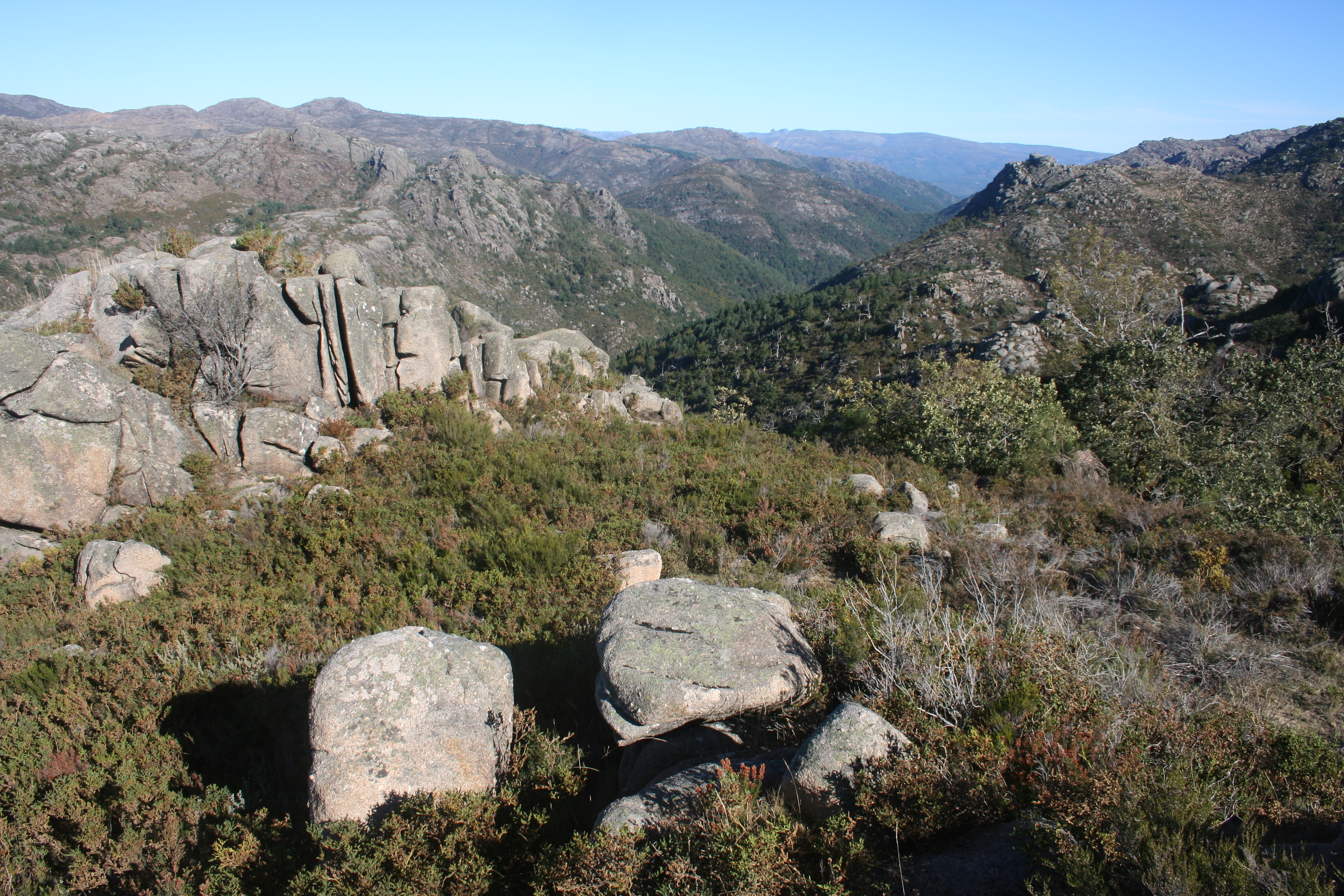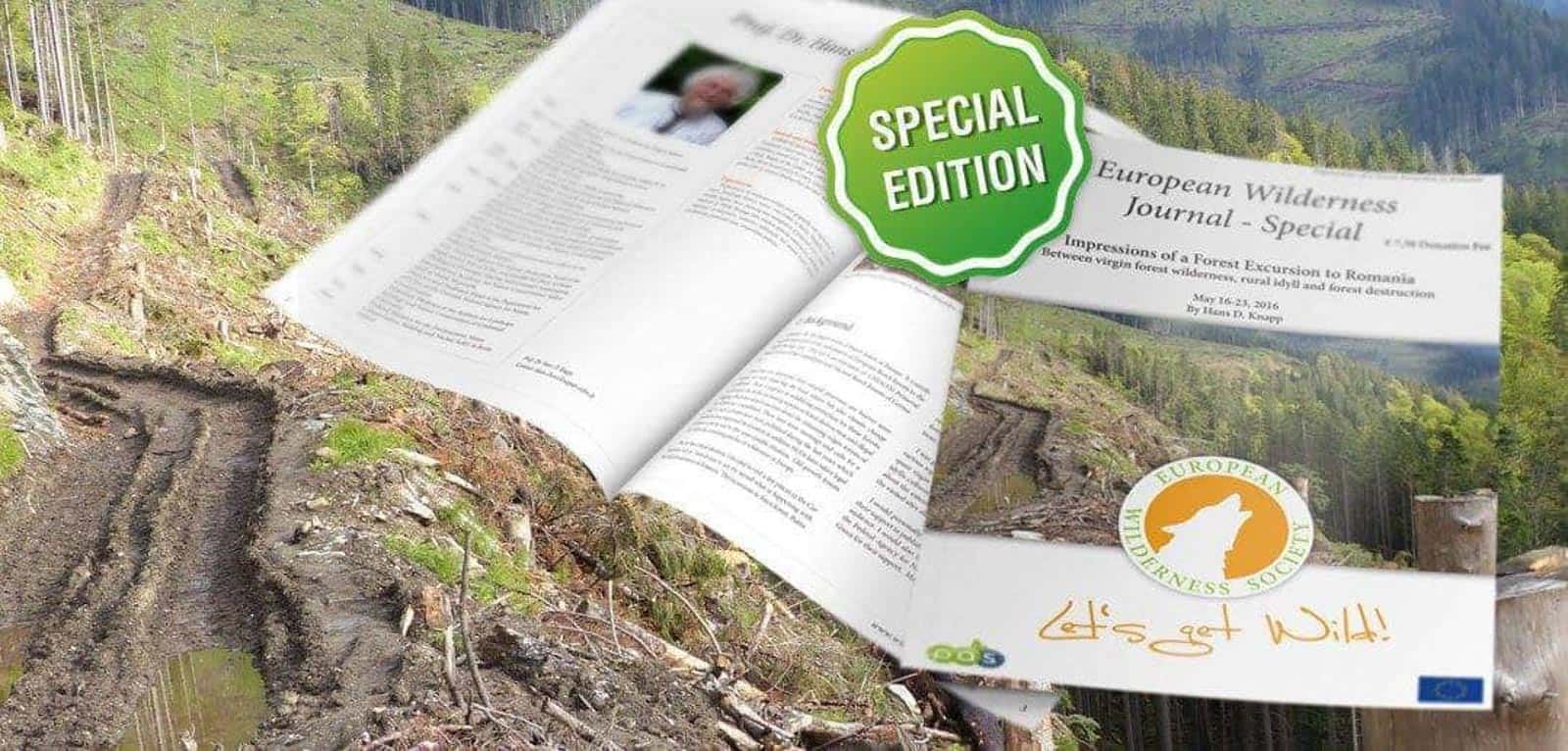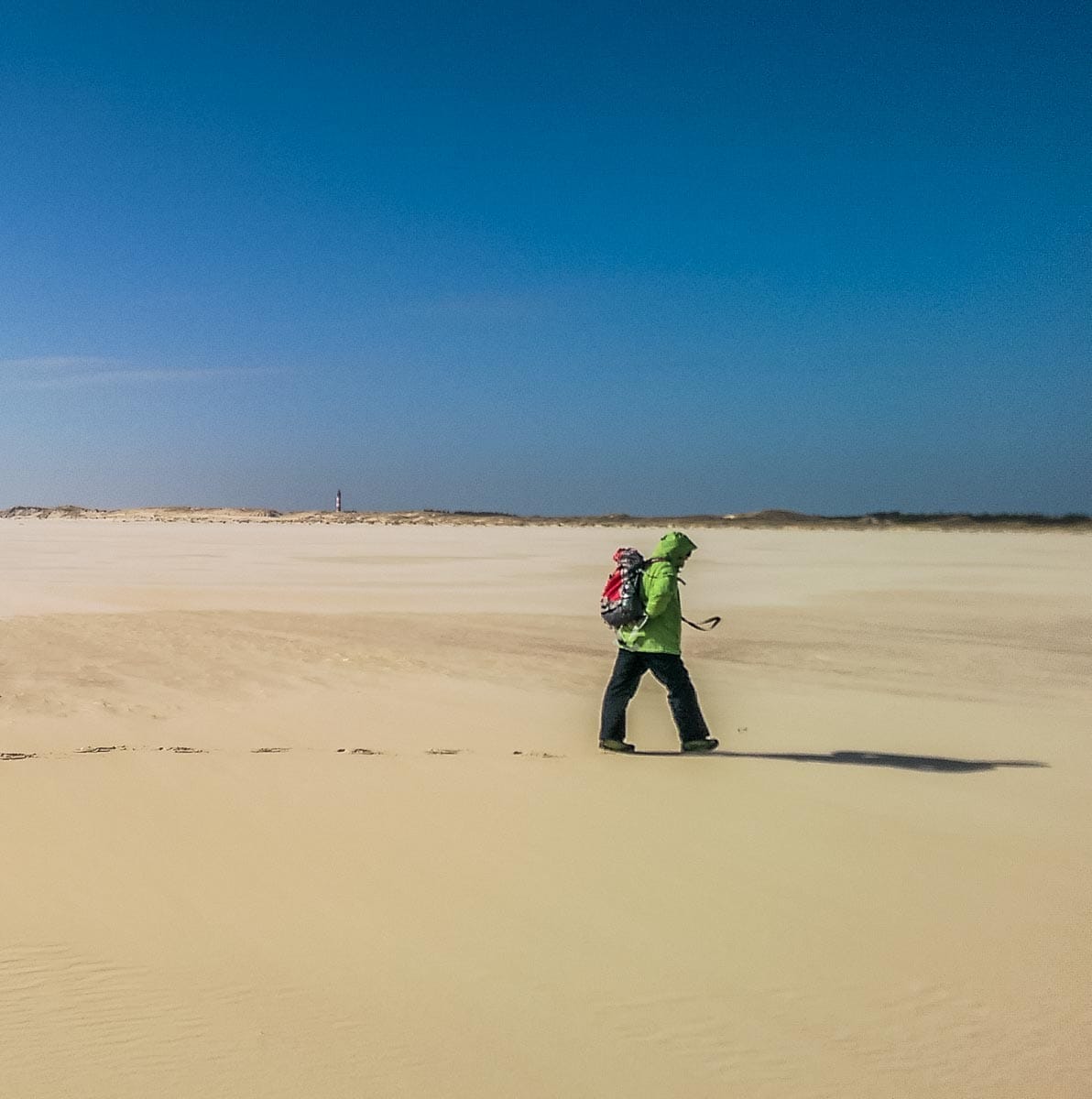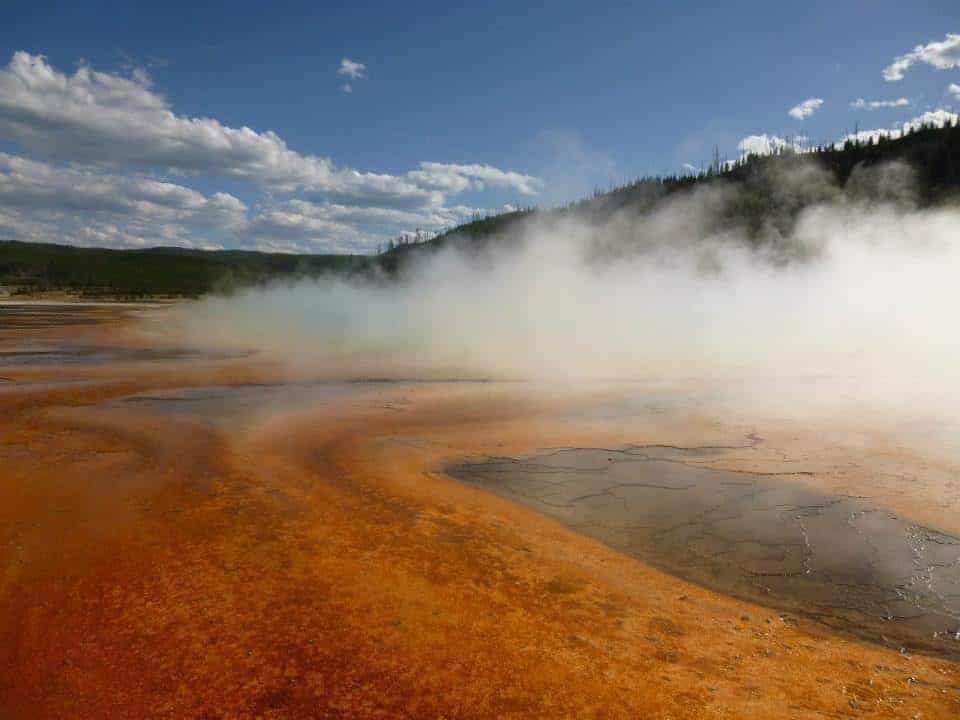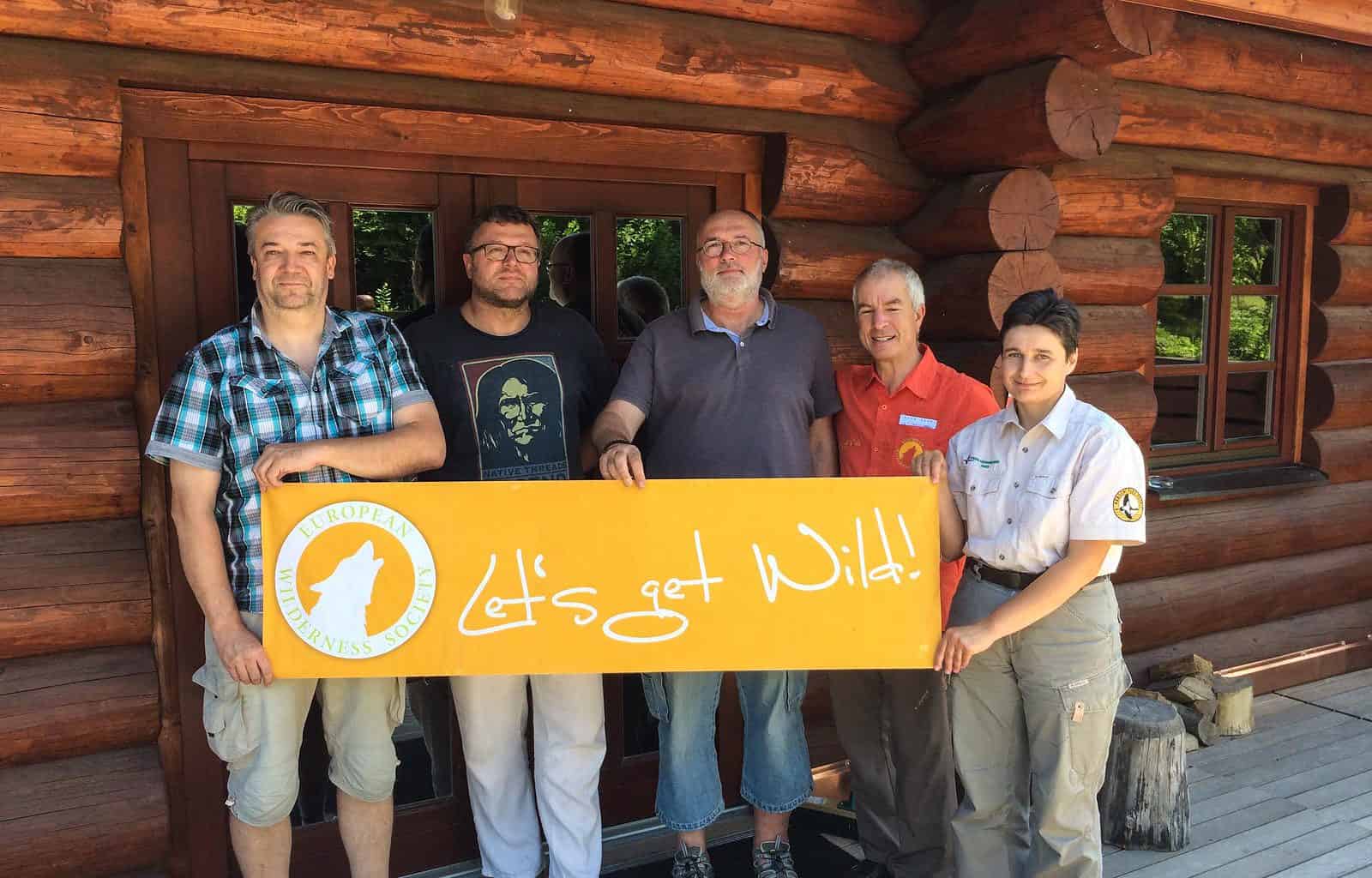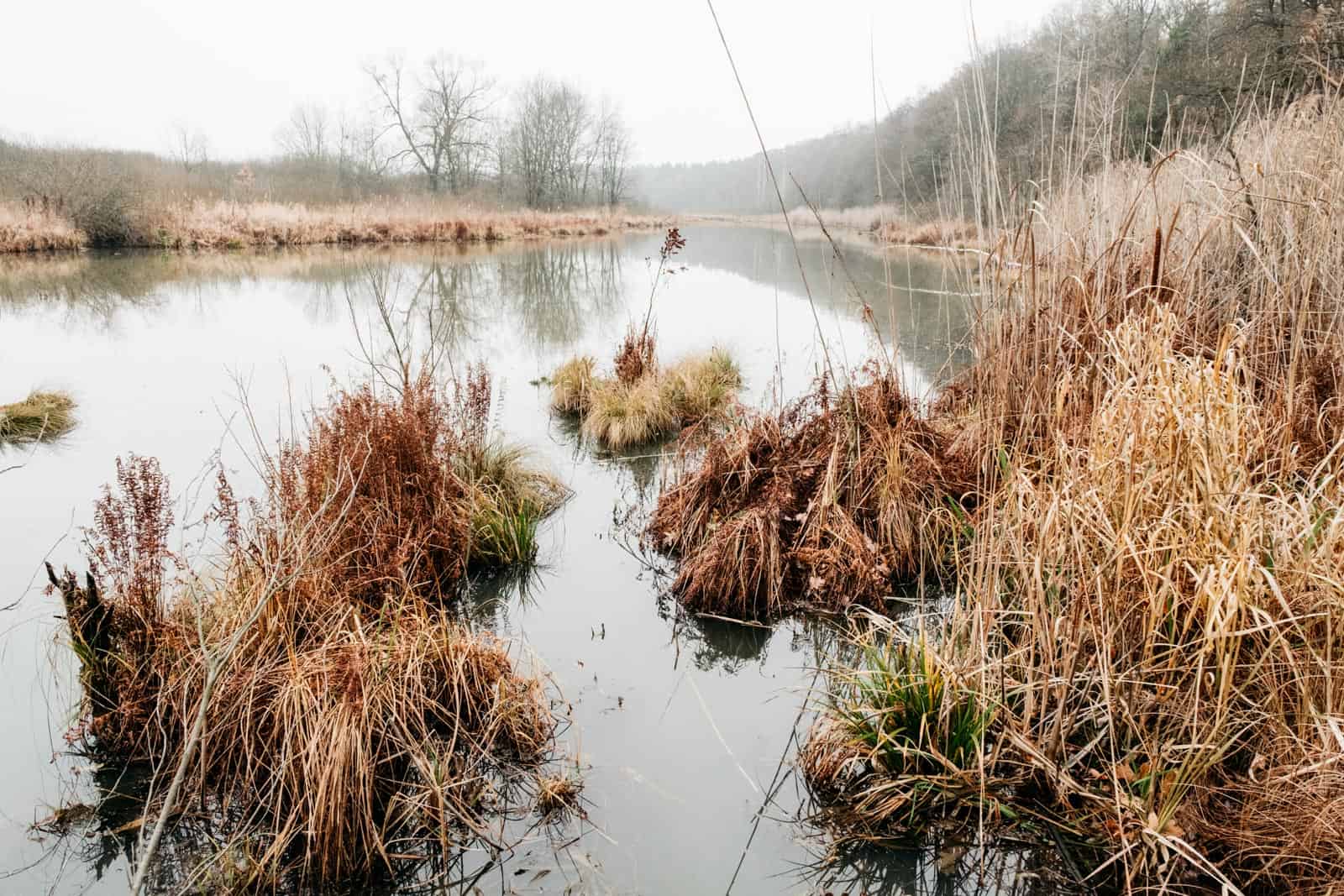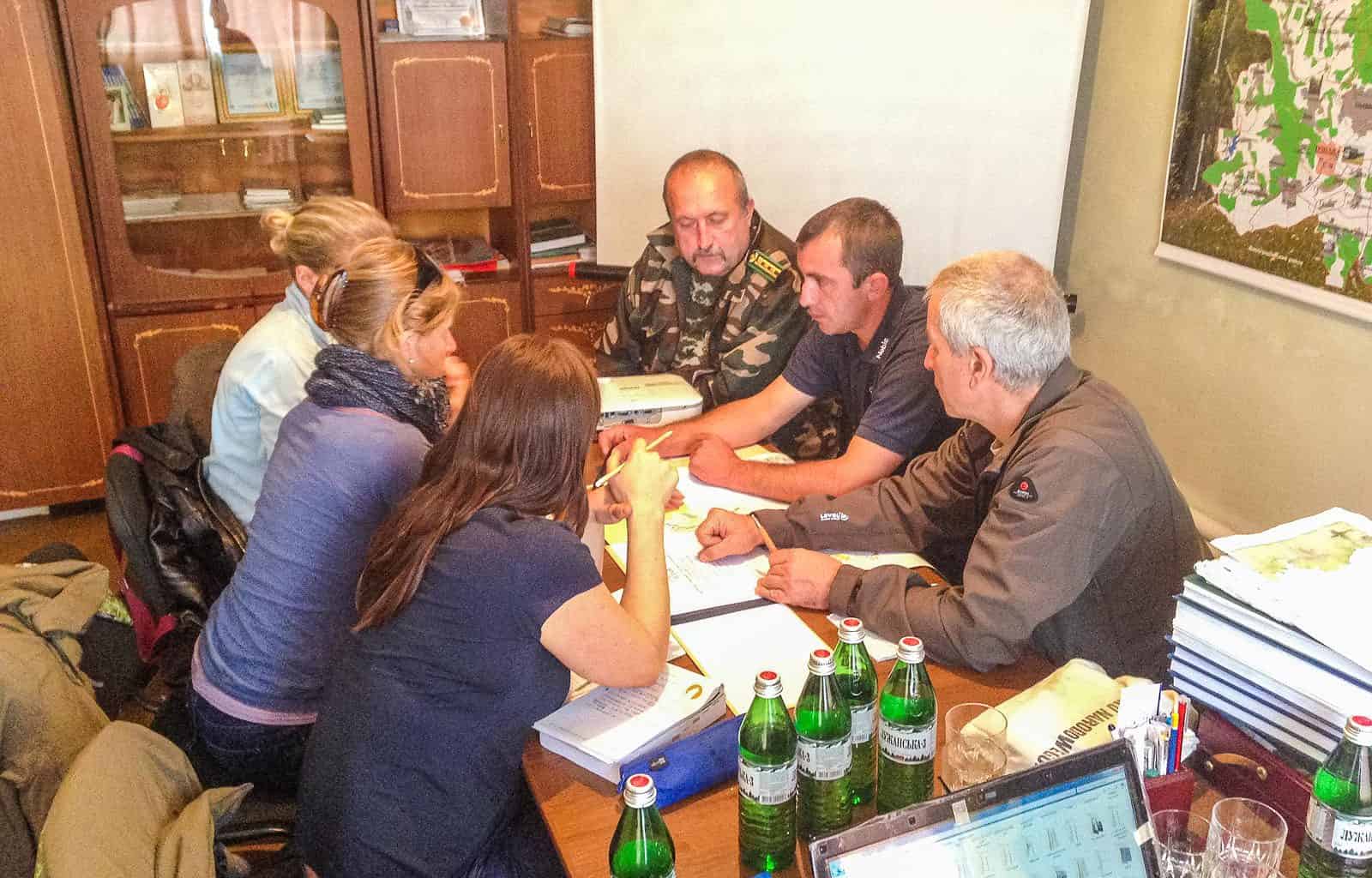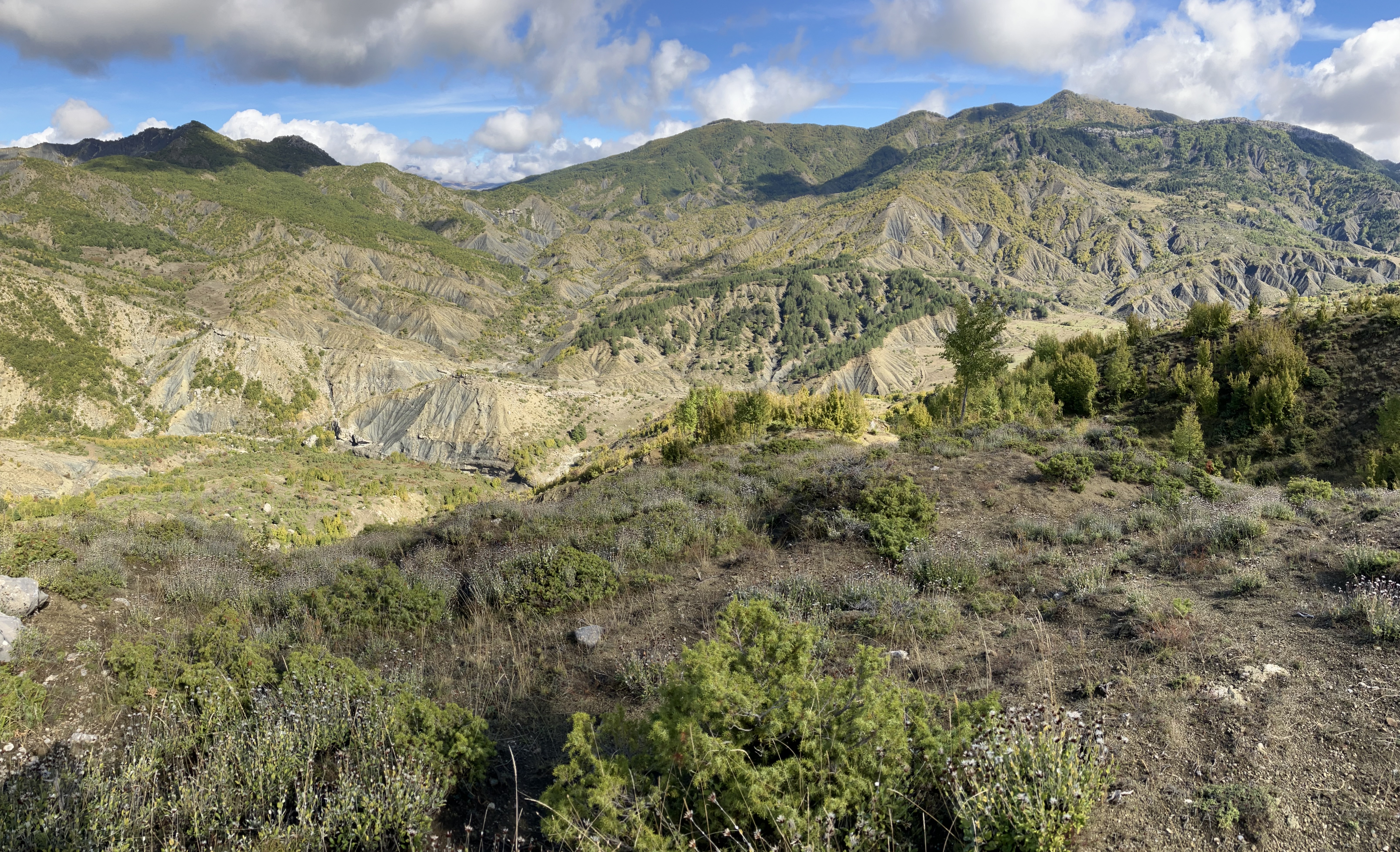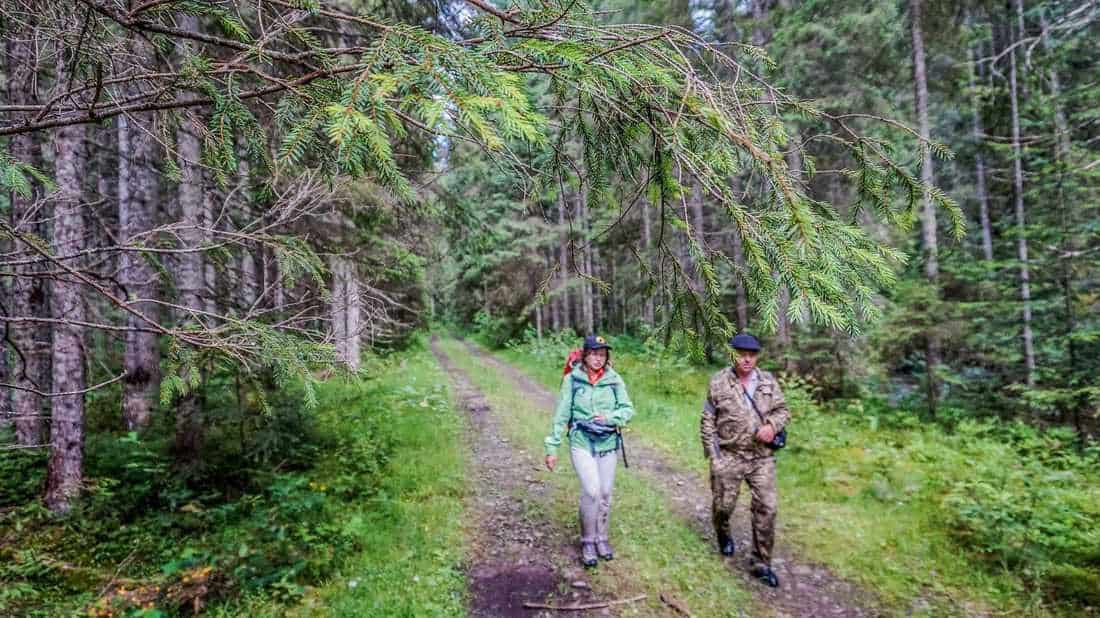Wilderness and Europeans
More and more Europeans have less and less opportunities to get to know the rests of European Wilderness. They are more and more forced to live in large urban agglomerations and it is increasingly difficult for them to find the remains of the European Wilderness and visit it. They are isolated from Wilderness and this isolation stems from urbanization, technological development and modern lifestyles.
Disconnected from wild nature, they lack vital experiences. This often affects their mental well-being. Education and especially first experiences with wilderness at a young age usually add further new value to their everyday life.
Knowledge and personal experiences from exploring the Wilderness can help them find their place in modern society.

Europeans are separated from Wilderness
A large part of the European public is more and more separated from nature and particularly from Wilderness. The result is that people increasingly lack knowledge of what Wilderness is and why it is important. Even fewer of them have practical experience of personally exploring the real European Wilderness.
The main reason is that the pace of economic development is getting higher and higher and there are fewer and fewer opportunities to visit, get to know and experience lands that are very similar to the wild European past. Only a few remnants remain from wild Europe to this day. They are the ones who escaped the pressure of commercialism and development.
Another reason is that the vast majority of Europeans already live in urban and suburban areas. This dramatically reduces the possibility not only to explore and learn what the Wilderness actually is, but also to minimize direct contact with Wilderness.
Why European do not appreciates Wilderness?
Many European citizens dot not appreciate the values of Wilderness due to urbanization, disconnection from nature, and lack of awareness. Modern lifestyles often prioritize convenience over environmental consciousness, hindering the recognition of Wilderness intrinsic worth.
Promoting education and awareness can bridge this gap, fostering a deeper appreciation for Wilderness importance. Experiencing Wilderness through visits and hikes are critically important and deepen European citizens’ appreciation.
Direct encounters with Wilderness foster understanding of its beauty, ecological significance, and the need for preservation. Connecting with the Wilderness on a personal level often transforms attitudes, promoting a greater sense of value and responsibility.
Lack of personal Wilderness experience
European citizens may not fully appreciate Wilderness values due to limited personal experiences. Lack of exploration, hiking, or camping in Wilderness camps may contribute to this disconnect. Encouraging first hand encounters, guided or independent, allows individuals to grasp the intrinsic worth of Wilderness. Such experiences foster a deeper connection, promoting understanding, and a greater sense of value for the vital role that Wilderness play in our lives.
But the good news is that part of European citizens, understands and appreciates the multiply values of Wilderness.
Interesting finding is that certain group of younger generation in particular have a very often much more straightforward approach and understand importance to protect European Wilderness. They like it, are keen to experience Wilderness and consider it as a part of their parents’ heritage.
The reality is that the issue of European Wilderness become more and more publicly communicated and so much better understanding issue. However, majority society still do not understand value of Wilderness and do not have an interest to made any effort to learn why they should.
Conclusion
Exploring the relationship between Europeans and Wilderness reveals a complex interplay of detachment and potential reconnection. Urbanization, technology, and lifestyle choices contribute to detachment, but firsthand experiences through activities like hiking or camping hold promise for fostering appreciation and understanding. This approach can support long term protection of Wilderness and bridging the gap for a healthier coexistence.
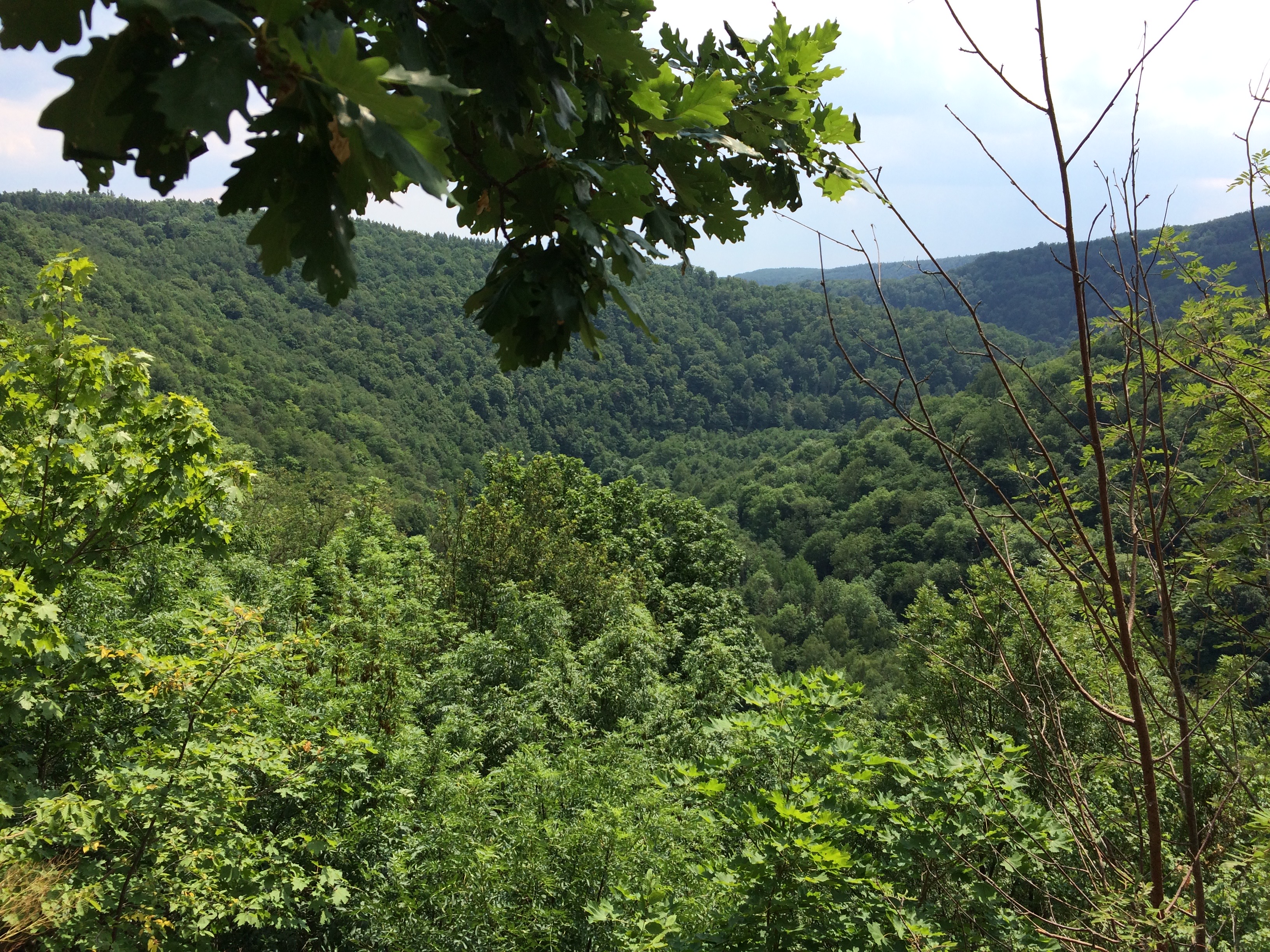
Zoning is vital for effective management of protected areas, as it allocates specific land uses, conserves biodiversity, minimizes human impact, and sustains ecosystems for long-term preservation.
Max Rossberg, European Wilderness Society

